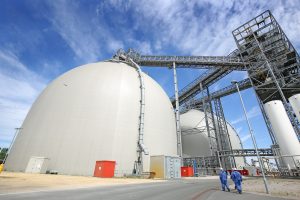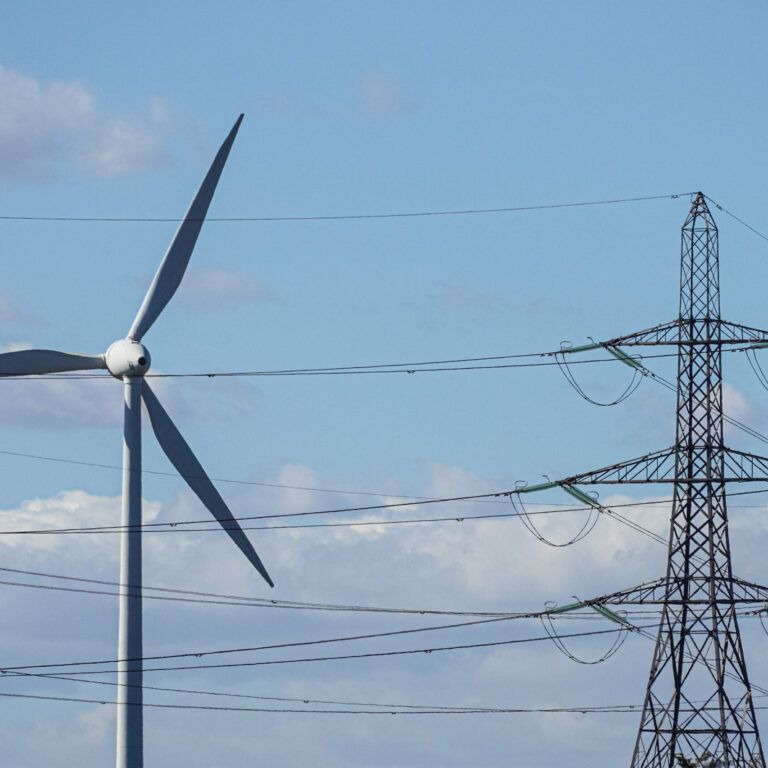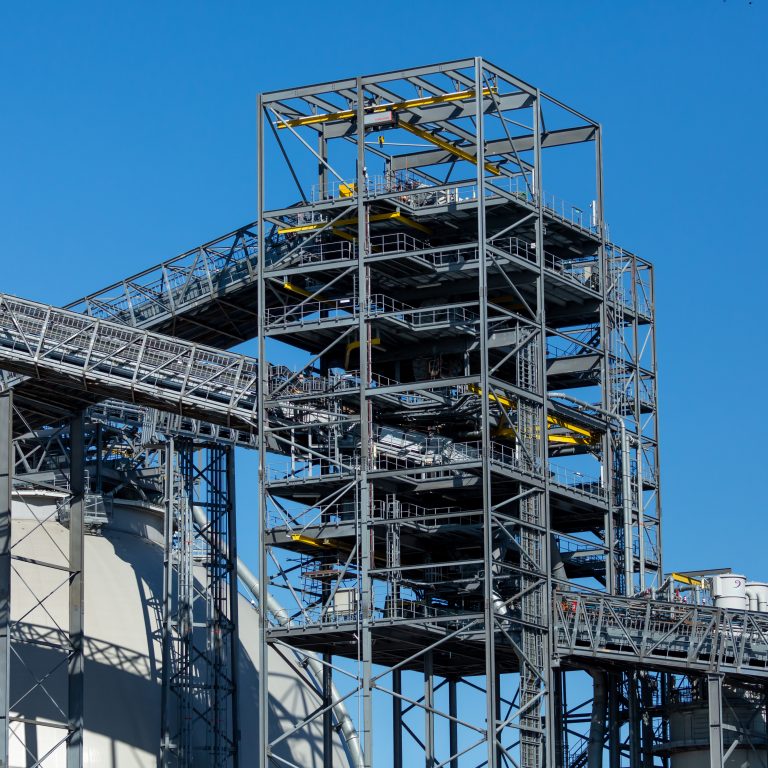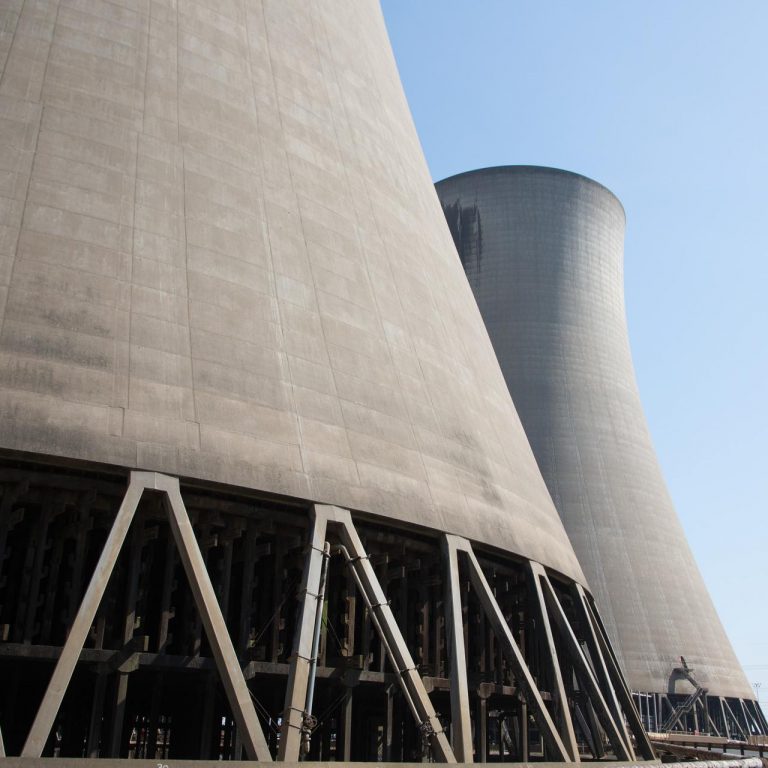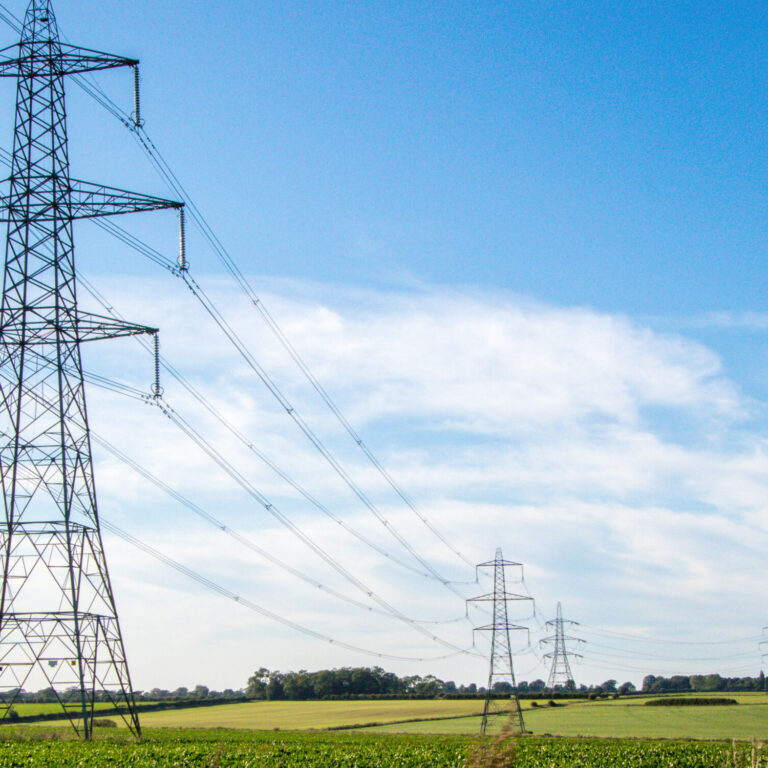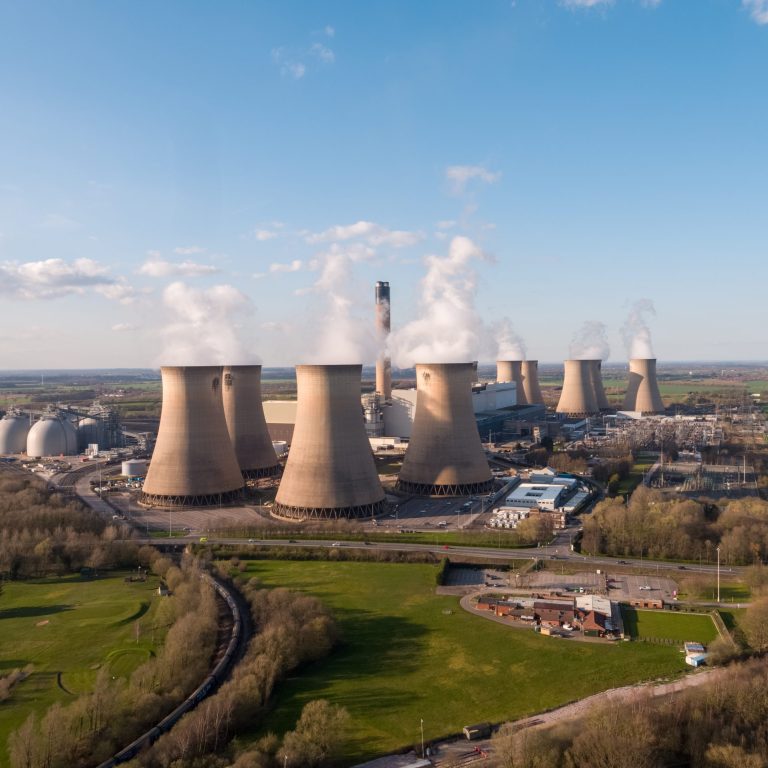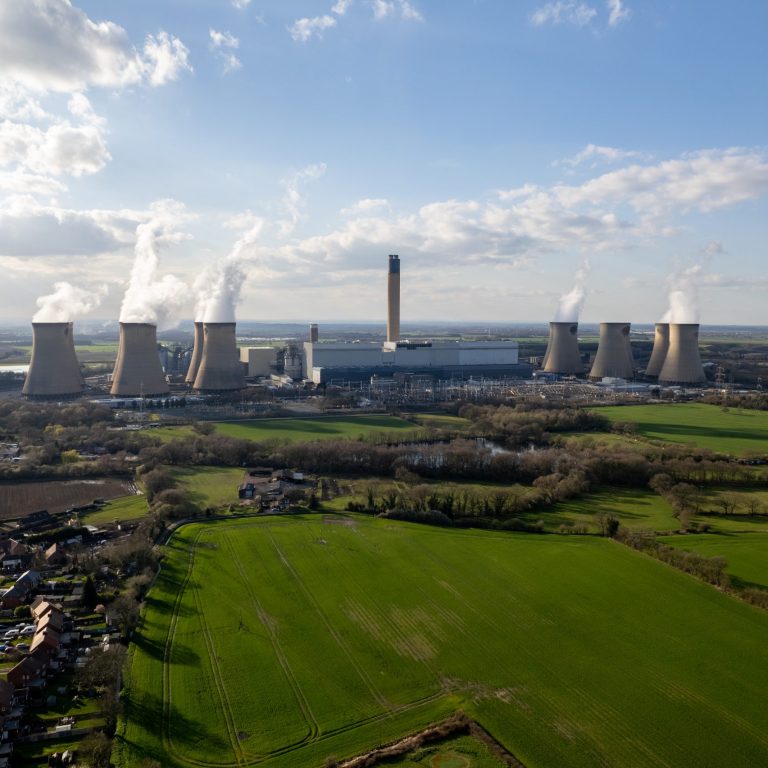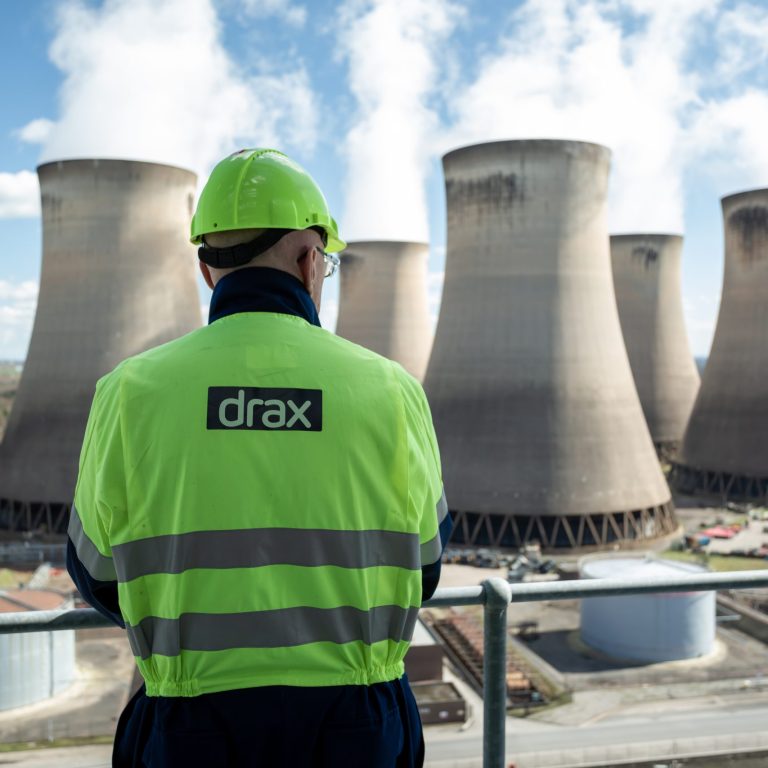“Today’s CCC report is another reminder that if the UK is to meet its ambitious climate targets there is an urgent need to scale up bioenergy with carbon capture and storage (BECCS). As the world’s leading generator and supplier of sustainable bioenergy there is no better place to deliver BECCS at scale than at Drax in the UK.
“We are ready to invest in and deliver this world-leading green technology, which would support clean growth in the north of England, create tens of thousands of jobs and put the UK at the forefront of combatting climate change.”
Notes to editors
- The first BECCS unit at Drax could be operational as soon as 2027, with Drax capturing and storing at least 8 million tonnes of CO2 a year by 2030.
- BECCS at Drax will permanently remove millions of tonnes of carbon from the atmosphere and help the UK’s most carbon intensive industrial area to decarbonise quickly and cost effectively.
- Greenhouse Gas Removals (GGRs) vital for net zero with BECCS requiring a commercial scale plant by the late 2020s underpinned by a tranmsport and storage (T&S) network.
- Progress towards delivering GGR targets will be reported in next year’s Climate Change Committee progress report and, in the meantime, over the next year BEIS should develop policies on governance and support mechanisms to enable GGR scale up in the 2020s.
- The CCC’s 2021 Progress Report to Parliament.
CCC Progress report summary
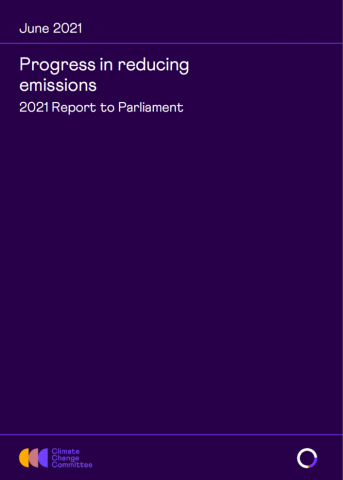 “Our assessment is that both engineered Greenhouse Gas Removals (GGR) and land-based removals, will be essential for reaching Net Zero.”
“Our assessment is that both engineered Greenhouse Gas Removals (GGR) and land-based removals, will be essential for reaching Net Zero.”- “A small number of BECCS and DACCS test facilities are presently in operation worldwide. Investment in research and development needs to be complemented with policy design to support engineered GGR scale-up during the mid-to-late 2020s.”
- “A key milestone on the Sixth Carbon Budget pathway is progress towards the commissioning of the first commercial-scale BECCS plant in the late 2020s. This will need to be underpinned by the construction of CO2 pipeline and storage infrastructures as part of the wider establishment of CCS in the early 2020s”
- “Progress towards this underpinning infrastructure delivery and the development of support policies for GGR deployment will be considered in next year’s Progress Report, in 2022.”
- “The Net Zero Strategy should set out expected amounts and timings of land-based and engineered removals (i.e. bioenergy with CCS (BECCS) and direct air carbon capture and storage (DACCS)) in contributing to meeting the Sixth Carbon Budget and the Net Zero target. These should avoid over-reliance on these solutions.”
- “Building on the results of the BEIS GGR consultation, policy on governance and support mechanisms should be developed over the next year in order to enable GGR scale-up during the mid-late 2020s. This should include enabling domestic engineered removals to contribute to UK carbon budgets and Net Zero, establishing GGR monitoring, verification and reporting structures that ensure that GGR is sustainable and verifiable, and setting out support mechanisms that align with the expectations for the role and timing of GGR contribution to UK emissions reductions.”






